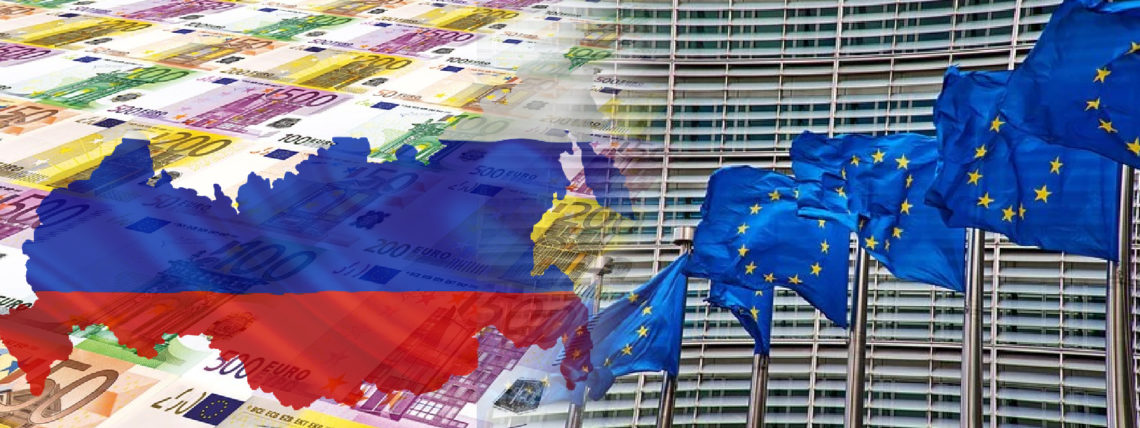Amidst the concerns about the possibilities of Russia using cryptocurrencies in order to bypass the punitive sanctions the measures have been taken
According to the reports today, the European Union has set out a limit on cryptocurrency deposits that originate from Russia. The all-new rules are set out in the European Union’s Official Journal under the section headed Council Regulation of EU 2022/576.
As the texts of the documents stated, the European Union prohibited Russian entities from providing foreign services related to depositing more than 10,000 euros or $10,900 worth of cryptocurrency. These rules were to apply to crypto companies that provided services like wallets, custody services and accounts, etc. The rules would presumably apply to all the crypto exchanges, trading platforms, brokerages, etc.
The new rule would cover both businesses and individuals alike as Russian nationals or natural persons residing in Russia; any legal personality, entity, or bodies established in Russia would fall under the scope of the newly formed law. Further, the document’s texts set additional limits for deposits in non-crypto currency assets. Credit institutions based in the European Union are prohibited from accepting deposits from those Russian entities in case the total value of the deposit is more than 100,000 euros or $108,700.
The Council of the European Union cited the weight of the current citation of the Russian invasion in Ukraine. It said that it is overall appropriate to extend the prohibition and limitation in deposits to crypto wallets considering the current events.
Earlier today, the European Union announced financial restrictions against Russia, prohibiting crypto assets services having high value. Still, the exact precise limits were not disclosed at the time. The rules also tend to include several other prohibitions, for instance, banning four Russian banks from the European Union. The country is now banned from participating in procurement contracts, and many European banknotes and securities from now on would no longer be exported.
Other non-financial restrictions than these were also included in the regulation package, including transport and import-export bans. The European Union previously imposed sanctions on G7 countries on 11th March. It was involved in the decision to cut off Russia from the banking network SWIFT in late February.
ALSO READ: Jamie Dimon supports Decentralized Finance And Blockchain
Steve Anderson is an Australian crypto enthusiast. He is a specialist in management and trading for over 5 years. Steve has worked as a crypto trader, he loves learning about decentralisation, understanding the true potential of the blockchain.


 Home
Home News
News










